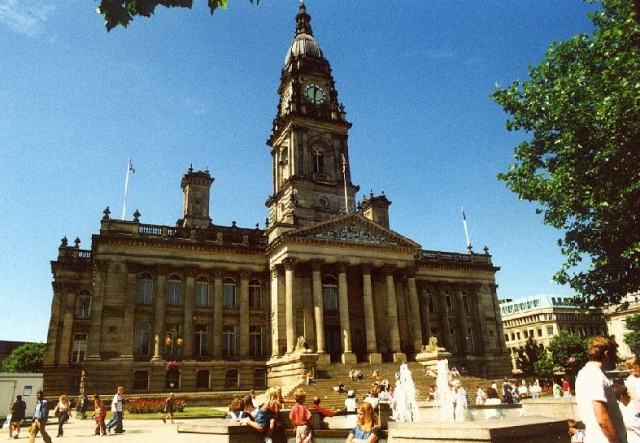Bolton Branch Programme

All enquiries to Mrs Melissa Wright mwright@boltonschool.org.uk 07912369060
All talks start at 6.30pm on the first Monday of the month (except Sept & Jan), and takes place in the Sutcliffe Suite, Bolton School Girls’ Division, Bolton School, Chorley New Road, Bolton BL1 4PA. Free parking is available in the Girls Division Quad (access from Chorley New Road).
Associate membership £20 per year. Talks free to national HA members and students, visitors £5.
Branch Website: https://boltonhistoricalassociation.wordpress.com
X = @BoltonHistory
BlueSky = @boltonhistory.bsky.social
Facebook =Bolton Historical Association
Bolton Programme 2025-26
Monday 8th September
Barlow Family (Title TBC)
Ian Andrew Oswald Trumble - PhD candidate in the History of Egyptology and ancient Egyptian textile collections at the University of York.
Ian will explore the history of the Barlow Family and Annie Barlow’s contribution to the Egyptology Exploration Fund
Monday 6th October
The Pit Brow Women of the Lancashire Coalfield
Alan Davies, Archivist & Local Historian to Wigan
Alan will delve into the history of female employment in coal mines to the famous pit brow women of the Wigan area collieries.
Monday 3rd November
‘Sovereignty’ and Accountability in the Athenian Democracy: Who Controls Whom?
Dr Alberto Esu, University of Manchester, Classics and Ancient History
Alberto Esu is Lecturer in Classical Greek History at the University of Manchester. He works on the relationship between institutions and political ideas and discourse in Ancient Greece, with a particular focus on the Athenian democracy of the Classical period. He has published on Ancient Greek law and oratory, Spartan politics, and Aristotelian political thought. His monograph, Divided Power in Ancient Greece: Decision Making and Institutions in the Classical and Hellenistic Polis, was published in 2024 by Oxford University Press.
Monday 1st December
Bolton School Girls’ Division has the pleasure of again hosting a regional round of the Great Debate.
The focus for the competition this year’s is: How important are personal and public records as evidence for explaining the story, or stories, of your local area?
This public speaking competition is open to students who will be in Years 10 and 13 in the academic year September 2024 to July 2025. Students must demonstrate research as well as historical arguments. For further information or to book your place, please contact Mr Criag Owen cowen@boltonschool.org.uk
Monday 12th January
Parallel Histories: Teaching Conflict in an Age of Division
Reimagining history education through dual narratives, critical thinking, and civic dialogue.
Hugh Castle, Director of Parallel Histories
Formerly Head of History at Lancaster Royal Grammar School, Hugh helped incubate and develop the Parallel Histories approach to studying conflict, founded by dept colleague Michael Davies. After serving as Chair of Trustees, leading projects to pilot and expand the dual narrative method in schools, Hugh joined the charity full-time in 2023 to further its mission of empowering young people to think critically. He oversees educational content and teacher training. Parallel Histories supports around 2,000 schools.
Monday 2nd February
Title and speaker TBC
Monday 6th March
Title and speaker TBC

